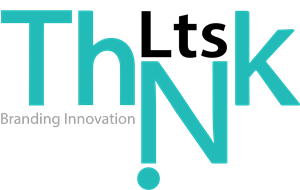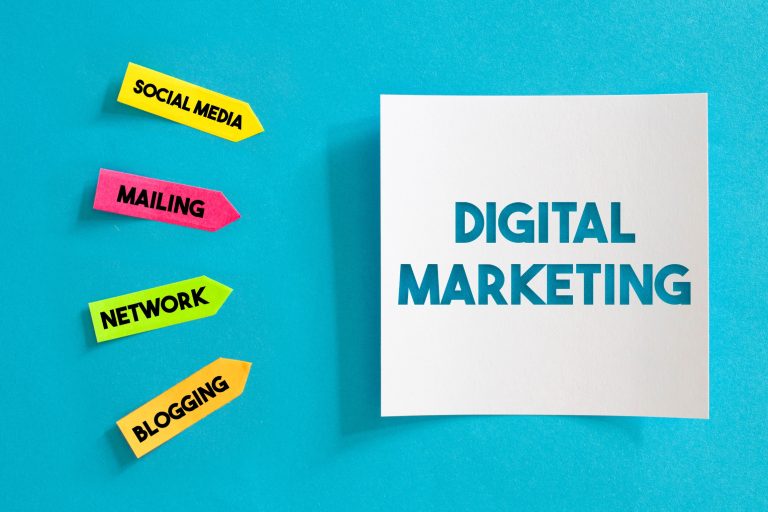Picture this: You’ve launched a PPC campaign with perfectly designed ads and an appealing budget, yet the conversions just aren’t coming in. Why? Often, the issue isn’t the ad—it’s the PPC keyword strategy. Keywords are the backbone of PPC campaigns, but not all keywords are created equal. To maximize results, you must align your keywords with search intent and the customer’s journey through the funnel.
In this article, we’ll walk you through crafting a winning PPC keyword strategy, aligning search intent with each stage of the funnel to boost conversions, reduce wasted spend, and maximize ROI. Let’s dive in.
1. Understanding the Marketing Funnel
1.1. What is the Marketing Funnel?
The marketing funnel represents the customer journey, from initial awareness to final purchase. It’s divided into three main stages:
- Awareness: Users are exploring and learning about solutions.
- Consideration: They’re weighing options and evaluating competitors.
- Decision: They’re ready to purchase.
1.2. Why Search Intent Matters in PPC
Search intent reveals the purpose behind a user’s query—whether they’re looking for information, comparing options, or ready to buy. Aligning your PPC keyword strategy with intent ensures your ads meet users’ expectations, driving higher engagement and conversions.
2. Mapping Search Intent to Funnel Stages
To align your keywords effectively, you need to match the intent behind the search with the user’s funnel stage.
2.1. Awareness Stage: Informational Intent
- Goal: Introduce your brand and educate potential customers.
- Keyword Types: Broad match keywords, general informational queries.
- Examples: “What is PPC advertising?” or “Benefits of digital marketing.”
- Ad Messaging: Focus on providing value and knowledge.
- Example Ad: “Discover How PPC Can Grow Your Business – Free Guide Inside.”
- Landing Pages: Educational blog posts, guides, or whitepapers.
2.2. Consideration Stage: Navigational Intent
- Goal: Position your product or service as a credible option.
- Keyword Types: Comparison or mid-funnel keywords.
- Examples: “Top PPC tools for small businesses,” “Best digital marketing agencies in Riyadh.”
- Ad Messaging: Highlight features, benefits, or case studies.
- Example Ad: “Explore Our PPC Solutions – Trusted by 500+ Businesses.”
- Landing Pages: Case studies, pricing pages, or service comparison charts.
2.3. Decision Stage: Transactional Intent
- Goal: Convert users ready to take action.
- Keyword Types: Exact match or high-intent keywords.
- Examples: “PPC management services near me,” “Buy Google Ads campaign services.”
- Ad Messaging: Strong CTAs and value-driven offers.
- Example Ad: “Get Expert PPC Management – Start Today and Boost Your ROI.”
- Landing Pages: Product pages, consultation sign-ups, or discount offers.
3. Keyword Research and Categorization
Effective keyword research is the foundation of any successful PPC campaign. Here’s how to do it right.
3.1. Tools for Keyword Research
Use reliable tools to uncover high-intent keywords:
- Google Keyword Planner: For identifying search volumes and cost-per-click (CPC) estimates.
- SEMrush or Ahrefs: For competitive analysis and discovering long-tail keywords.
3.2. Categorizing Keywords by Intent
Organize keywords based on their relevance to each funnel stage:
- Awareness: Informational terms like “how-to” or “benefits.”
- Consideration: Keywords with words like “compare” or “best.”
- Decision: Terms with “buy,” “hire,” or “near me.”
3.3. Negative Keywords
Don’t forget to filter out irrelevant searches using negative keywords. For example:
- If your service isn’t free, add “free” as a negative keyword to avoid clicks from non-converting users.
4. Crafting PPC Ads for Each Funnel Stage
Aligning your ad copy and landing pages with search intent is just as crucial as choosing the right keywords.
4.1. Ad Messaging
Tailor your copy to match where the user is in the funnel:
- Awareness: “Learn the Basics of PPC Marketing.”
- Consideration: “Compare the Top PPC Tools for Your Business.”
- Decision: “Start Your PPC Campaign Today – Limited Time Offer!”
4.2. Landing Pages
Each stage requires a different type of landing page:
- Awareness: Informative articles or downloadable resources.
- Consideration: Product comparisons, video testimonials.
- Decision: Direct CTAs like “Buy Now” or “Get a Quote.”
4.3. Call-to-Actions (CTAs)
Use intent-specific CTAs:
- Awareness: “Learn More.”
- Consideration: “Explore Options.”
- Decision: “Get Started Today.”
5. Measuring and Optimizing Campaign Performance
Once your PPC campaign is live, continuous monitoring and optimization are essential.
5.1. Key Metrics to Track
Track these metrics to assess performance at each funnel stage:
- Click-Through Rate (CTR): Measures ad effectiveness.
- Conversion Rate: Indicates how well your landing pages align with intent.
- Cost Per Acquisition (CPA): Ensures profitability.
5.2. Using Analytics for Insights
Analyze performance by funnel stage:
- Are Awareness ads generating enough traffic?
- Are Decision keywords converting effectively?
5.3. A/B Testing
Test different:
- Ad copy variations.
- Landing page designs.
- Keyword match types.
6. Common Pitfalls to Avoid
Avoid these mistakes when aligning your PPC keyword strategy with search intent:
6.1. Mismatched Keywords and Intent
- Using transactional keywords in Awareness ads confuses users and wastes budget.
- Example: Don’t show “Buy Now” ads to someone searching “What is PPC?”
6.2. Ignoring Negative Keywords
- Without negative keywords, you may attract irrelevant traffic that doesn’t convert.
6.3. Overlooking Retargeting
- Not re-engaging users who interacted with Awareness or Consideration ads is a missed opportunity.
7. Real-Life Examples of Effective PPC Keyword Strategies
7.1. Case Study: E-commerce Business
- Challenge: High traffic but low conversions.
- Solution: Aligned keywords with intent and tailored ads for each funnel stage.
- Result: 35% increase in CTR and 20% reduction in CPA.
7.2. Case Study: SaaS Company
- Challenge: Struggled to nurture leads through the funnel.
- Solution: Added informative Awareness ads and retargeted users in the Consideration stage.
- Result: Boosted lead-to-conversion rate by 50%.
Conclusion
Aligning your PPC keyword strategy with search intent and funnel stages is a game-changer. By understanding your audience’s journey and crafting campaigns that meet their needs at every step, you can achieve higher conversions, lower costs, and improved ROI.
Ready to Revamp Your PPC Strategy?
If you’re looking to maximize your PPC performance, let’s make it happen. Contact us today to create a tailored PPC campaign that drives real results.






